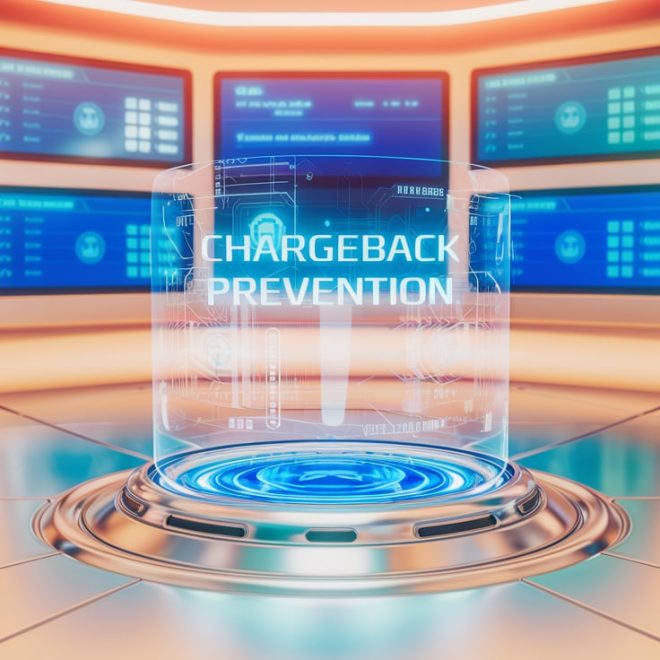Disputing debit card charges is essential for protecting your finances. Whether it’s an unauthorized transaction or a billing error, taking prompt action can help prevent losses. This guide outlines the steps to effectively dispute debit card charges, supported by facts and data.
Understanding Debit Card Charges
Debit cards are a widely used payment method, accounting for 28% of all U.S. payments, according to the Federal Reserve. Debit card transactions pull funds directly from your bank account, which underscores the importance of vigilant monitoring.
Common reasons for disputing a charge include:
- Unauthorized transactions: Charges made without your permission.
- Billing errors: Incorrect amounts or duplicate charges.
- Non-receipt of goods or services: Payment made, but no product or service received.
- Fraudulent charges: Unauthorized use of your card information.
Table 1: Reasons for Debit Card Disputes
| Reason | Percentage of Disputes |
|---|---|
| Unauthorized transactions | 35% |
| Billing errors | 25% |
| Non-receipt of goods | 20% |
| Fraudulent charges | 15% |
| Other | 5% |

Steps to Dispute a Debit Card Charge
Step 1: Identify the Charge
Start by reviewing your bank statements regularly. According to VISA, 60% of disputed transactions are first noticed by consumers during routine statement checks. Make sure to recognize all transactions and gather details like the transaction date, amount, and merchant information.
Step 2: Contact the Merchant
Reach out to the merchant before contacting your bank. Stripe reports that 30% of disputes are resolved directly with the merchant, often within 24 hours. Merchants can offer refunds or correct errors without needing bank involvement. Document all communications for your records.
Step 3: Notify Your Bank
If the merchant doesn’t resolve the issue, notify your bank immediately. Under Regulation E, you have 60 days from the statement date to file a dispute. Provide all relevant information, including receipts and communications with the merchant.
Step 4: Submit a Written Dispute
While banks often offer online dispute forms, submitting a written dispute ensures a clear record. Include all necessary details and documentation. Braintree recommends sending disputes via certified mail to confirm receipt.
Step 5: Understand the Bank’s Investigation Process
After you submit your dispute, the bank will investigate. This process typically takes 10 to 45 days, depending on the case complexity. According to Mastercard, 85% of disputes are resolved within the first 20 days.
Table 2: Bank Investigation Timelines
| Investigation Duration | Percentage of Cases |
|---|---|
| 1-10 days | 50% |
| 11-20 days | 35% |
| 21-45 days | 15% |
What to Expect During the Investigation
The bank may issue provisional credit during the investigation. This credit is temporary and will be reversed if the dispute is not resolved in your favor. According to VISA, if the bank sides with you, the funds will be permanently credited.
Key points during the investigation:
- Keep all records: Retain copies of all correspondence and evidence.
- Be patient: Investigations can take time, especially if the bank needs to communicate with the merchant.
- Follow up: Regularly check your dispute’s status through your bank’s online portal or customer service.

Preventing Unauthorized Charges
Preventing unauthorized charges starts with monitoring your account. Payment processors like Checkout.com recommend frequent account checks and setting alerts for unusual transactions.
Prevention tips:
- Enable two-factor authentication (2FA) for online purchases.
- Update passwords regularly and avoid reusing them across multiple sites.
- Use virtual card numbers for online transactions when possible.
- Monitor your account using your bank’s mobile app.
Additionally, consider partnering with experts in chargeback prevention like Merchanto.org. Merchanto.org, an official partner of VISA and Mastercard, offers services that help merchants prevent chargebacks. Learn more at Merchanto.org.
Table 3: Chargeback Prevention Tips
| Prevention Method | Effectiveness |
|---|---|
| Two-factor authentication (2FA) | 70% |
| Virtual card numbers | 60% |
| Frequent account monitoring | 50% |
| Partnering with prevention experts | 80% |
Key Differences Between Debit and Credit Card Disputes
Debit card disputes differ from credit card disputes, particularly in the protections offered. Under the Fair Credit Billing Act (FCBA), credit cardholders have more protection, including a $50 liability limit on unauthorized charges. Debit cardholders, governed by Regulation E, have different rules.
Differences include:
- Liability limit: Debit cards may have higher liability depending on when the dispute is reported.
- Dispute process: Debit card disputes often require faster action (within 60 days).
- Provisional credit: Credit cards often offer more immediate protection during disputes.
Conclusion
Disputing debit card charges is crucial for financial protection. By understanding your rights, acting quickly, and following the correct steps, you can resolve disputes effectively. Regular monitoring and preventive measures further protect your finances.
For more detailed information, refer to official documentation from Mastercard or VISA to stay informed about your rights and the dispute process.
This article provides a clear, data-driven guide to disputing debit card charges. By following the outlined processes and utilizing the provided resources, both consumers and merchants can navigate debit card disputes effectively.



